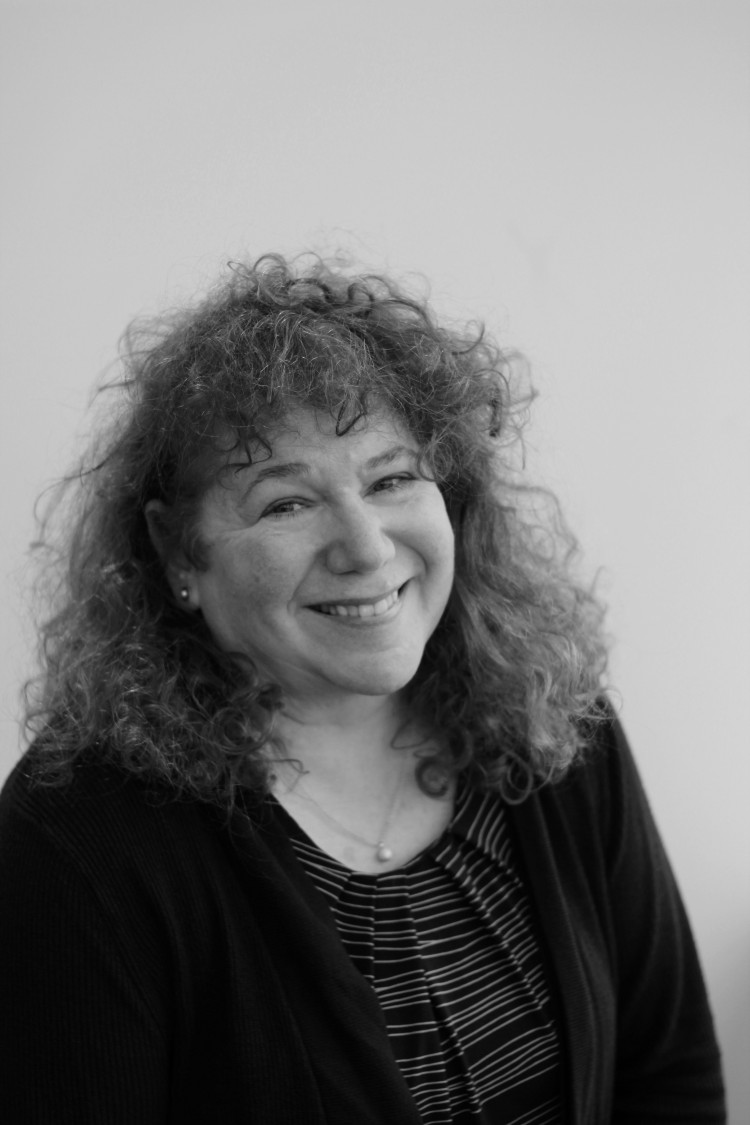Wendy
QA, North America

The strength of our business undoubtedly lies in the talent and diversity of our people.
Wendy is a member of the North America I&D Steering Committee, I&D in Tech committee, and various employee resource groups, including Kantar’s Women in Tech (which she co-founded in 2017). In 2019, with four technology degrees already under her belt, Wendy decided to return to school once again to get her professional SHRM certification in I&D from Cornell University. She is regularly invited to speak at external events, has recently been awarded for her community outreach, and is now proud to represent Kantar as a member of the Grace Hopper Software Engineering Executive Board.
Wendy’s personal experience as a woman working in tech has influenced the work that she does today. “I saw my career story as dependent on an external social environment and my past work experience made me feel forgotten, overlooked, invisible. I felt excluded.
“In the identities that I represented as a woman in technology, I ended up feeling like a burden. I felt that I did not belong and had to ask permission just to show up. These experiences made me passionate about inclusion and empowerment.
“I wanted to be seen as proud and empowered and not with pity, victimization, or shame. No one was talking about part of my identity and I felt invalidated, insignificant, invisible.”
The importance of employee communities
“I never wanted anyone who met me to feel like they were alone, and I never wanted anyone to ever feel like they did not matter. That is why I believe in building communities like Employee Resource Groups (ERG), Affinity Groups, and Inclusion and Diversity committees. There is something so powerful about feeling included in a community, a place where you belong and have a voice. You feel empowered and empowerment creates stories of success.
“It starts with recognising that we have diverse lived experiences to bring to the table, waiting to be celebrated. We all want to be seen, heard and valued. We want to belong and have access to a wider community.
“I believe in allies. I don't think anyone should shy away from the important discussions. To me, the purpose of employee communities is to support the right to have a voice within the company. The business has a role to play in helping to keep the communities engaged and active, but it is important that it remains at a grassroots level and everyone feels that membership. A successful community is one where employee leadership thrives.”
Women in Tech
Wendy co-founded the ‘Women in Tech’ community in 2017.
One of the group’s first achievements was getting the business to think about fair gender representation with their technology townhall speakers.
“We understand that not every manager will be a woman, but it doesn’t always have to be the manager who gives the presentation…I really think we've seen that representation grow across the business. I'd love for it to develop even more so that somebody at a more junior level can also get the opportunity to take part and learn leadership and public speaking skills.”
Wendy is committed to mentoring those looking to start a career in technology, which is also an important focus for the group who are always looking at new ways to connect the people in our business.
North America I&D Steering Committee
As a member of the North American I&D Steering Committee, Wendy has been involved in the rollout of several key initiatives, including the new up the Ambassador Group, which encourages people in offices across the states to become local I&D champions. Employees in North America will also receive training on microaggression.
“Exclusion is very powerful. Inclusion is an intentional act that must happen within a company. We will grow in our diversity when we learn what we need to do to include people. When talked about adding pronouns to email signatures in North America, the outpouring of reaction was amazing. We are also encouraging people to add any affiliations to their profiles (if you are an alumnus of a school for example) because we are trying to connect with historical Black colleges to look at different paths to recruit from.”
What’s next?
“I want to see actionable behaviour being generated. We need to reach inside and think about what the change is that we want to see happen. The first step is always awareness. Sometimes there is also more than one side to an issue and understanding that is part of the education. Then the action is deciding where are we going to take this; where does Kantar stand?
“Kantar has always had an opening and listening ear, but we have grown in how we put I&D at the centre of our culture. Understanding people is at the core of what Kantar does, so it isn’t surprising that we are striving to create more structure around how we can make our culture more inclusive.
“I look back at my story and see it not as a story of overcoming but a story of becoming. Three years ago, my journey led me to Kantar... and the welcoming culture I experienced allowed me to start building I&D and ERG communities within our company.”